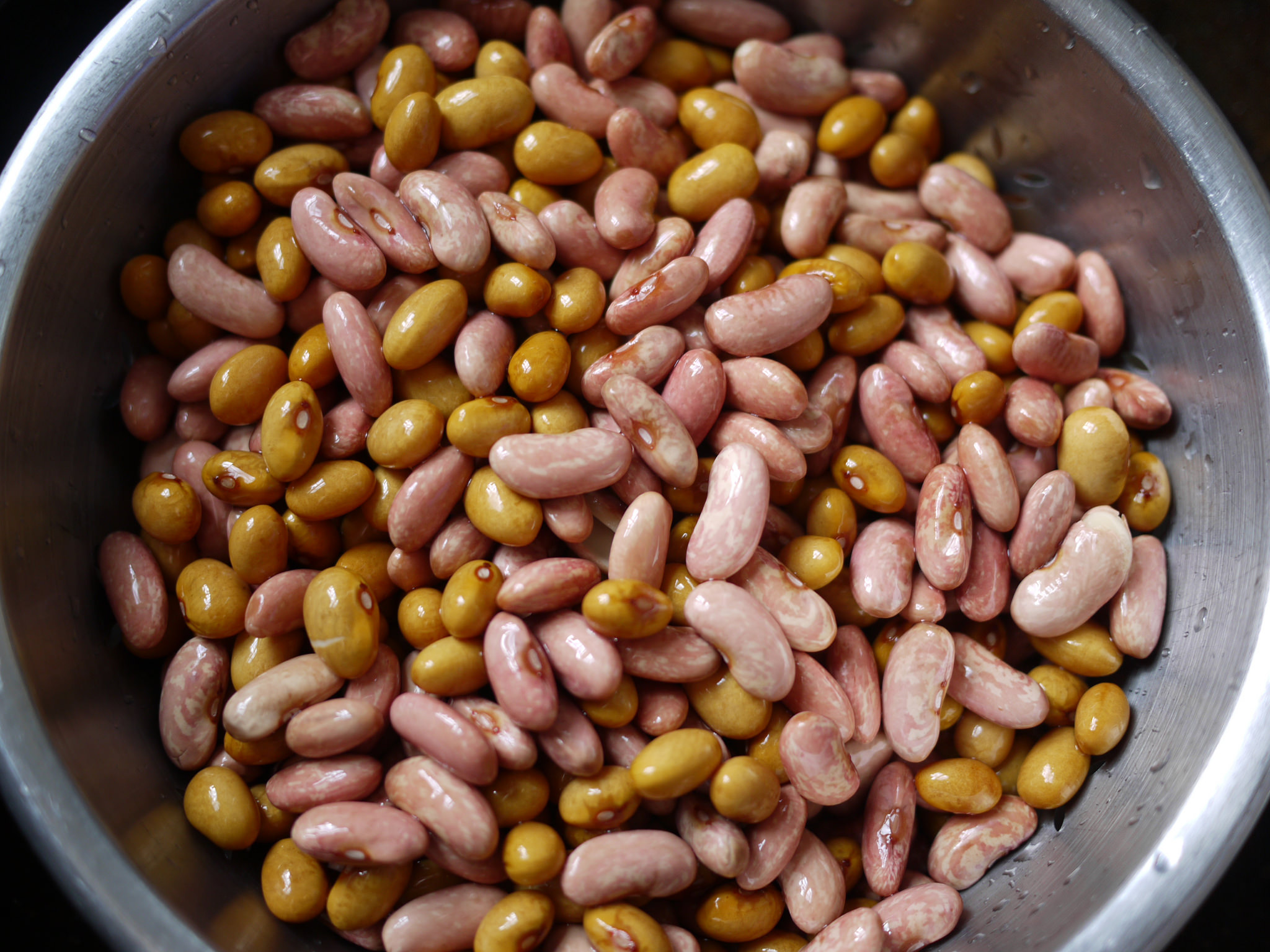Did you know that on average, people fart about 14 times per day? Did you know that the length and loudness of a fart depends on how much pressure is applied? Well, now you do, and like most people, you may have experienced farting after eating a meal or having to hold in a fart while out in public. Even though farting publicly may be against social norms, it is a common, natural bodily function.
Farting occurs when you swallow air or when your body digests food. When you swallow air while eating or drinking, the air gets trapped inside your intestines and gets released as a fart. When you eat, the intestinal bacteria break down the food and create gas that exits your body through farts. The bacteria itself does not affect the smell of your farts; rather, it depends on what you eat.
Why do some farts smell so foul? Sulfur! Most farts contain about 59% nitrogen, 21% hydrogen, 9% carbon dioxide, 7% methane, 4% oxygen and, depending on what you eat, a minuscule percentage of hydrogen sulfide gas. Eating foods that are high in sulfur, such as beans and broccoli, will make your farts smelly. About 1% of sulfur in your fart is all that’s needed to make your fart smell.
Image Source: Claudia Totir
You may now be asking, “Beans and broccoli are also high in fiber; does that make my farts stink?” A fiber-rich diet indeed causes farting, but it doesn’t necessarily make your farts stink. The bacteria inside your intestines digest fiber to a small extent, producing more gas as a byproduct. However, as long as the foods you eat don’t contain sulfur, your farts won’t smell.
Is it harmful to hold in farts? The answer isn’t definite. Some doctors believe that holding in farts is harmless because farting is part of the digestive process. However, others believe that holding them in is harmful, since the gas is then absorbed into the intestinal wall and mixed with blood. This mixing can affect our internal organs and cause stomach bloating, stomach pain, and constipation. Can the same logic be applied to burping? According to Dr. Oz, you shouldn’t resist the urge to burp because the air collects in your stomach and causes bloating and discomfort.
So the question remains. Should we hold in our farts to avoid embarrassment? That’s a personal decision, but keep in mind that farting is natural and can be reduced by avoiding sulfur-rich foods.
Featured image source: Flickr Soaked Beans by Rebecca Siegel










